 What is breast cancer?
What is breast cancer?
Breast cancer is an uncontrollable growth of cells. It is a result of abnormal changes in the cell’s growth and function. When that happens, these cells begin dividing without control forming a tumor. Although cancer may originate in many parts of the body, breast cancer is a primary concern for women of all ages. Breast cancer puts our mothers, sisters, and friends at risk and the reason is often unknown. Chances are, someone you know may be at risk.
Breast cancer is caused by a genetic abnormality. Only about 5-10% of cancers are due to an abnormality inherited from a parent. About 90% of breast cancers are due to genetic abnormalities that occur with the aging process. Since cancer affects many lives, medical researchers are constantly searching for new preventative methods. Science is making great progress in finding ways to decrease the risk of developing breast cancer. While some risk factors like family history cannot be avoided, there is a silver lining…
The good news is that exercise helps decrease your risk of breast cancer!
- The recommended duration of exercise to reduce the risk of breast cancer is only 6 hours per week. Researchers are not yet able to explain the link between exercise and a decreased risk, although women have nothing to lose by starting a regular workout regime.
- Age is not an issue: Exercise plays a positive role in preventing breast cancer in women of all ages.
- Overall, an appropriate exercise program may reduce the risk of developing breast cancer by more than 20 percent.
It gets better. Exercise appears to be a beneficial choice for women currently battling breast cancer. According to researchers, exercise not only boosts the mood of cancer sufferers, but also improves their physical function. As we all know, a strong body is better to ward off diseases, even breast cancer.
In addition to an individualized exercise program, women are highly encouraged to perform regular breast exams. These exams take only a few minutes and have proven to be a very helpful tool in the early detection of breast cancer. To learn more about breast self-examination, consult your physician or reputable breast cancer association.
 For all women concerned about breast cancer, a little bit goes a long way.
For all women concerned about breast cancer, a little bit goes a long way. In our facility, we are specially trained to develop exercise programs that are customized to each individual, based on their background and needs. We can help you take control of your life by creating a personalized exercise regime to improve your overall health, achieve or maintain healthy body weight, and even reduce the risk of breast cancer.
In our facility, we are specially trained to develop exercise programs that are customized to each individual, based on their background and needs. We can help you take control of your life by creating a personalized exercise regime to improve your overall health, achieve or maintain healthy body weight, and even reduce the risk of breast cancer.
A Final Word: Don’t Think You Are Immune:
Relying solely on an annual physical examination is not the best strategy. Take charge of your future and your health by performing a breast self-exam on a regular basis.
Many professionals recommend a monthly exam, performed at the same time each month, since hormonal changes can bring variations in the feel of the breasts.
The exam itself is quick and painless, capable of bringing your attention to changes that may otherwise have gone unnoticed. Keep in mind that while trained medical professionals are well-qualified to perform this type of exam, they will never be able to recognize changes in your body as quickly as you can. For more information on the role of exercise in the prevention of breast cancer, and our programs and services, please call us at your earliest convenience.
